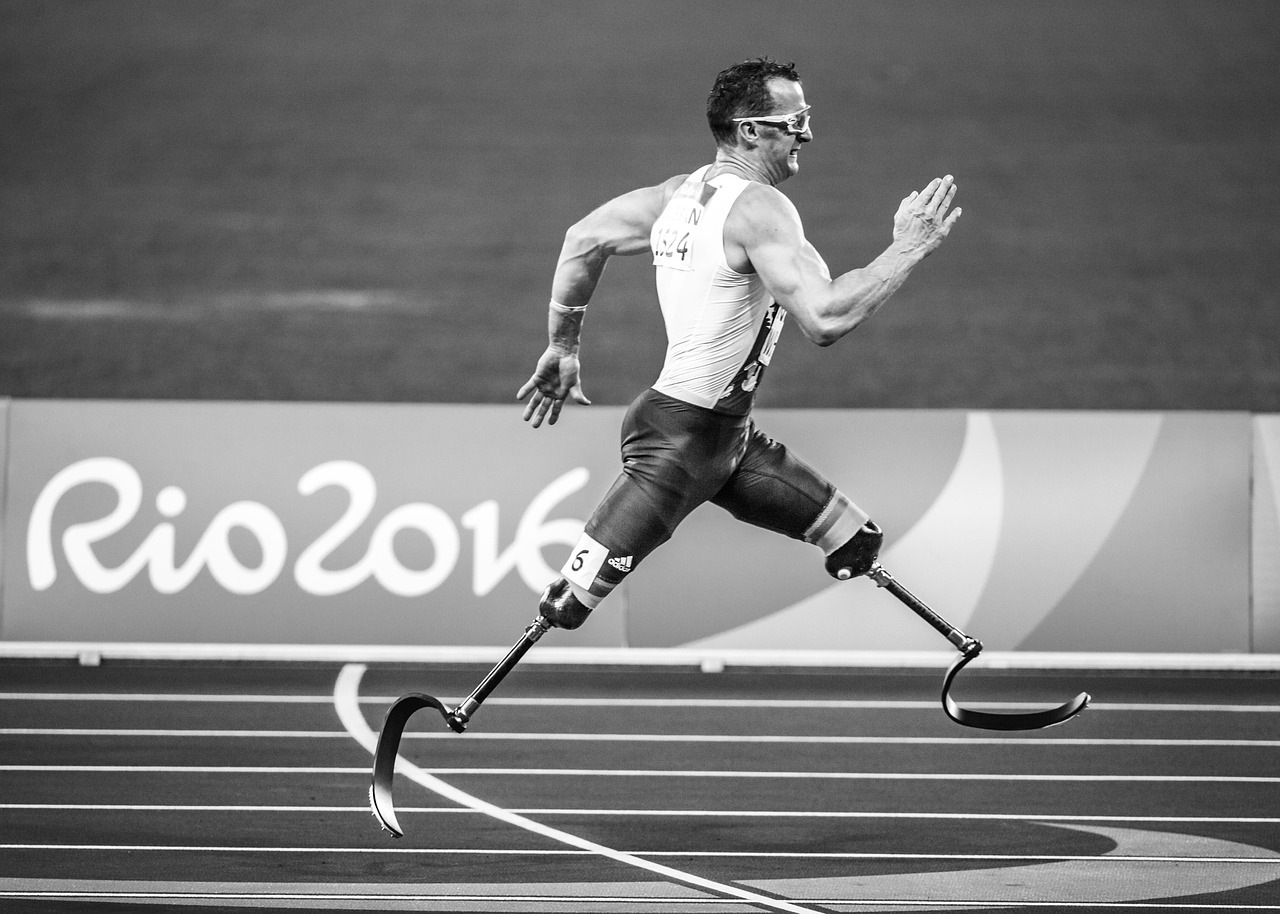For athletes, making the move from the spotlight of their sports activities into the quieter times of retirement can be a challenging phase of their lives. The transition often involves a drastic change in their lifestyle, daily routines, identity, and purpose in life. Imagine spending years, sometimes decades, carving out a career in a particular sport — accumulating skills, setting records, and identifying primarily as an athlete — only to have to stop abruptly. This article delves deep into how athletes navigate their way through this transition and find new purpose post-retirement.
Adapting to a New Identity
The question of identity is crucial in an athlete’s life. The larger part of their lives is spent honing their athletic skills, and the world identifies them as such. But when the time for retirement comes, these high-performance athletes often experience an identity crisis.
A découvrir également : The intersection of sports and technology in promoting accessibility for people with disabilities.
Many athletes start their careers at a young age. They grow up identifying themselves primarily as athletes. Their self-esteem, self-worth, and identity are intimately tied to their sporting career. Consequently, when they retire, they lose more than just a job; they lose a part of their identity. The mental health of athletes post-retirement is a major concern, and it’s crucial to help them navigate this transition smoothly.
Support systems play an essential role in assisting athletes during this transition. Family, friends, mentors, and life coaches can provide emotional and psychological support. They can help athletes redefine their identity and explore different aspects of their personality outside their sports career.
Lire également : The cultural significance of sports in traditional storytelling and folklore.
Coping with Physical and Mental Health Changes
Retirement often comes with significant shifts in an athlete’s health — both physical and mental. Athletes are accustomed to a high level of physical activity and the adrenaline rush that comes with competition. In retirement, they need to adjust their workout routine and diet to maintain their health without the high-level training they’re accustomed to.
Mental health is another crucial area of focus. Reports show that many athletes face anxiety, depression, and other mental health issues when they retire. Mental health support, including therapy and counselling, can be incredibly beneficial in this phase.
Planning for Financial Stability
While some athletes make fortunes during their careers, others may not be as financially secure upon retirement. It’s important for athletes to start financial planning early on in their careers. Having a solid financial plan can ease the stress of transition.
Investing in real estate or business, getting an education, or finding a second career are popular choices among athletes. Some athletes leverage their popularity to secure endorsements or media jobs, while others return to school to acquire new skills for a different career.
Leveraging Learned Skills in New Endeavors
One might think that a sports career doesn’t provide skills applicable to other careers, but that’s not true. Athletes learn a variety of transferrable skills during their athletic careers.
Discipline, teamwork, resilience, goal-setting, and time management are just some of the skills that athletes can leverage in their new careers. They can use these skills to excel in different fields such as coaching, commentary, entrepreneurship, or any other chosen career path.
Rediscovering Purpose in Life
Finding a new purpose in life is perhaps the most challenging yet rewarding aspect of an athlete’s retirement journey. This phase involves self-discovery and finding new passions and interests.
It’s important for athletes to understand that their value goes beyond their sports achievements. They can contribute greatly to society in numerous ways. Some athletes find purpose in charitable work, others in teaching, some in mentoring young athletes, and others in entirely different fields.
In conclusion, retirement for athletes is indeed a significant transition. However, with the right support, planning, and mindset, it can open up new opportunities and purpose for them. As they hang up their jerseys and step off the field, they are stepping into a new and exciting phase of life. One that holds new challenges, but also new opportunities to grow and make a difference.
Building a Post-Retirement Support Network
One of the critical aspects of a successful retirement transition for athletes is the establishment of a sturdy support network. As athletes transition from the high-performance environment, the loss of the daily camaraderie, support, and interaction with fellow athletes and coaches can often lead to feelings of isolation. To mitigate these feelings, retired athletes are encouraged to actively cultivate their social relationships outside the sporting arena.
Family and friends can form a substantial part of this support network. They provide emotional support, helping the athletes navigate the often tumultuous emotions that come with the retirement transition. Life coaches and mentors also play an instrumental role in this process. They provide guidance, helping athletes navigate their identity beyond their athletic career, set new life goals and adjust to the new lifestyle.
In addition, seeking professional help such as therapists and counselors trained in sports psychology can be beneficial. These professionals understand the unique challenges associated with athletic retirement and can help athletes address issues related to their mental health, career transition, and athletic identity.
Moreover, joining communities of retired athletes can further provide a sense of belonging. By sharing experiences and challenges with others who have undergone similar transitions, athletes can gain insights and learn coping strategies.
Engaging in Life-Long Learning and Personal Development
Aside from redefining their identity and coping with physical and mental health changes, athletes can find purpose in life-long learning and personal development. Many athletes find satisfaction in furthering their education, acquiring new skills, and exploring new career paths.
For athletes who have not had the opportunity to complete their education due to the demands of their athletic career, retirement offers the chance to return to school. Whether it’s finishing high school, acquiring a college degree, or even pursuing postgraduate studies, education opens up a plethora of opportunities.
Moreover, athletes often possess natural leadership skills, discipline, and resilience that are valuable in many professions. By leveraging these skills, they may find fulfilling careers in fields such as sports coaching, sports medicine, commentary, entrepreneurship, or other sectors unrelated to sports.
Furthermore, personal development can also involve exploring new passions or hobbies. Whether it’s writing, painting, cooking, or traveling, these activities can provide a sense of fulfillment and purpose, aiding in the retirement transition.
Conclusion
The transition to retirement is a significant phase in an athlete’s life, often marked by numerous challenges. From grappling with identity issues, coping with physical and mental health changes, financial planning, to finding new purpose beyond sports, athletes face a multitude of adjustments during this transition.
However, with the right support system, effective planning, and a willingness to engage in life-long learning and personal development, retirement can be a rewarding journey. It offers athletes a chance to redefine their identity, leverage their athletic skills in new endeavors, and make meaningful contributions to society.
The shift from being in the spotlight to the quieter times of retirement does not have to be a daunting experience. Rather, it is a new chapter that can be filled with exploration, growth, and discovery. With the right mindset, retirement can be seen not as an end but rather as an exciting beginning of a new phase of life.













